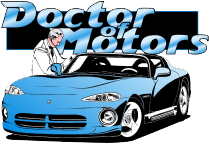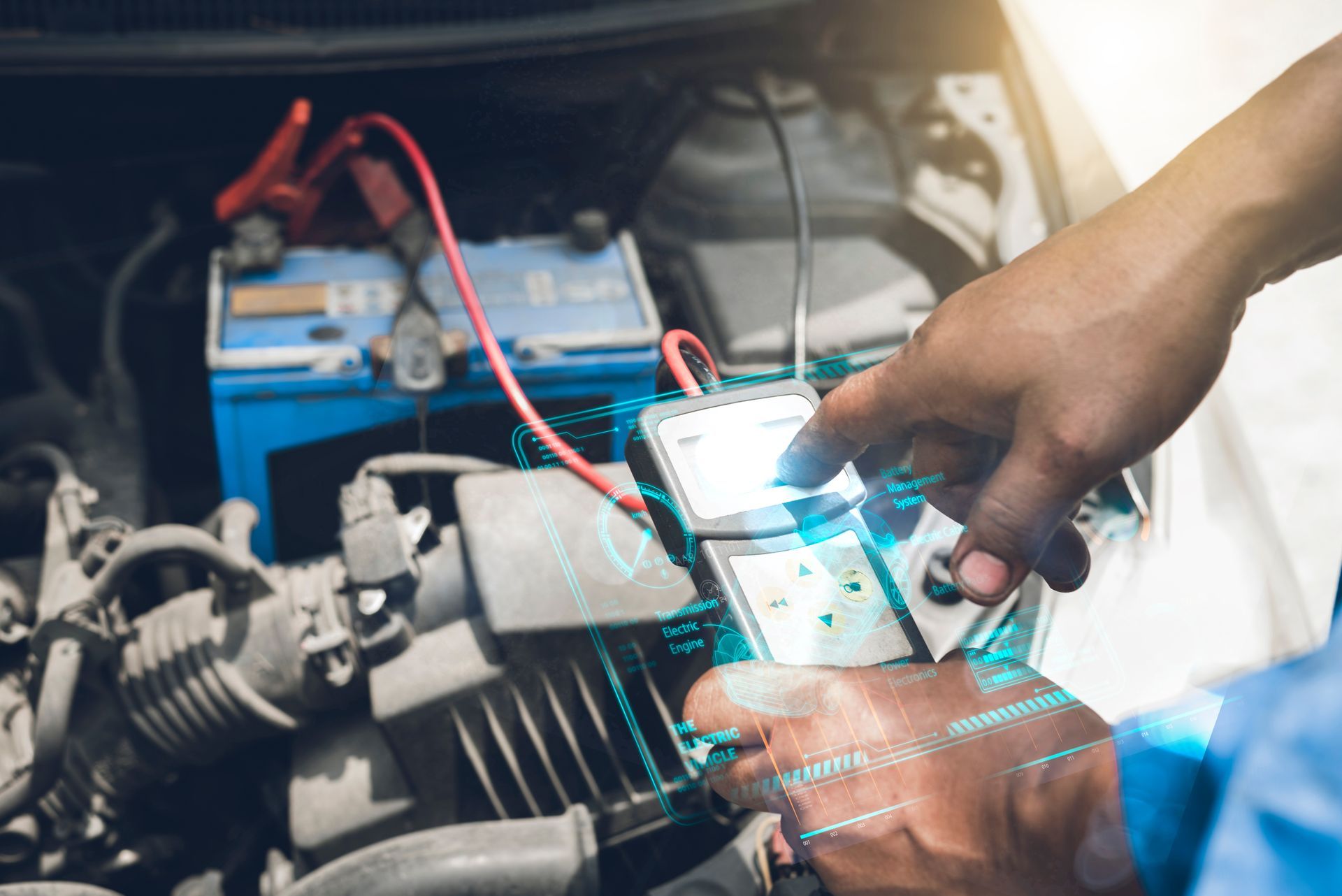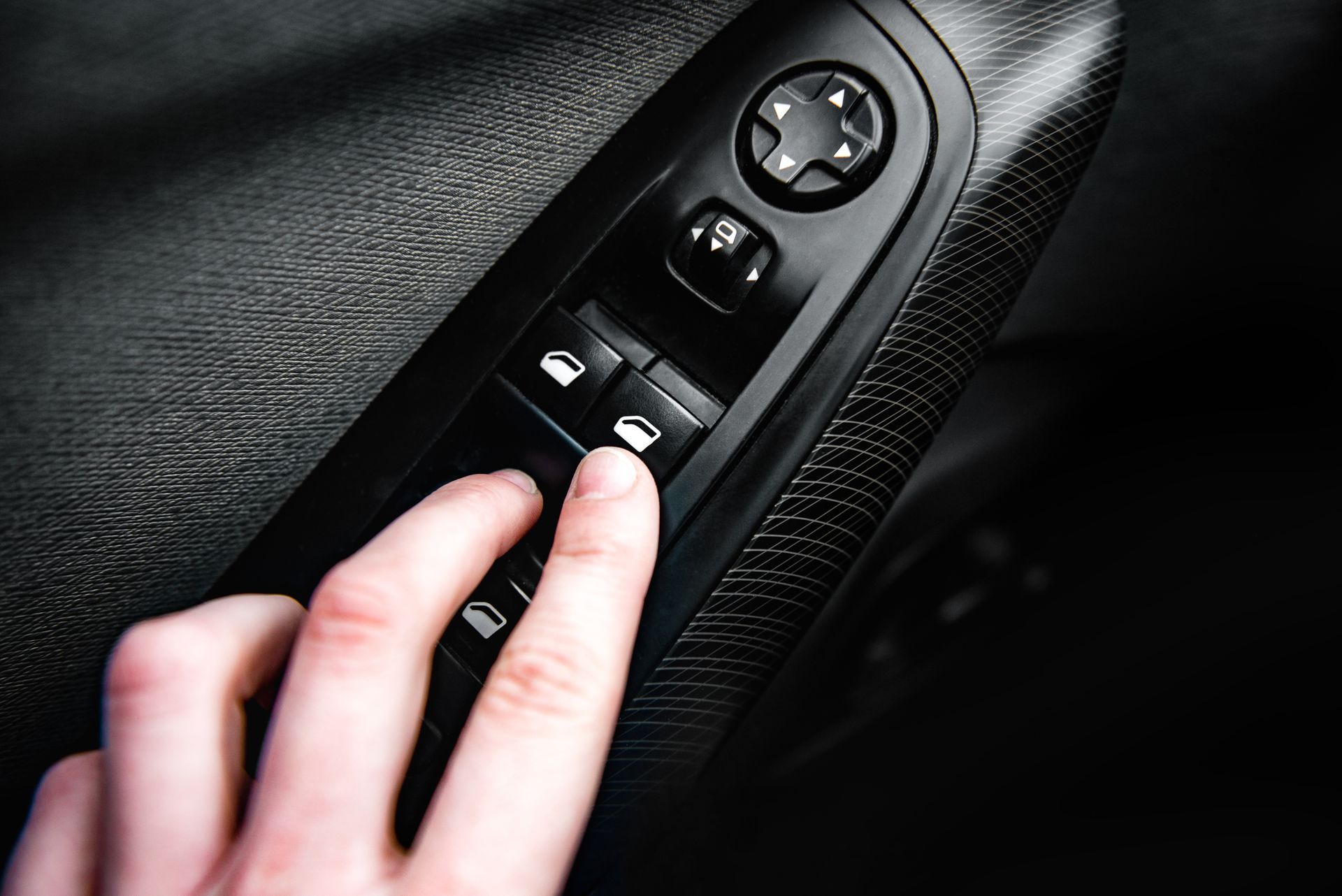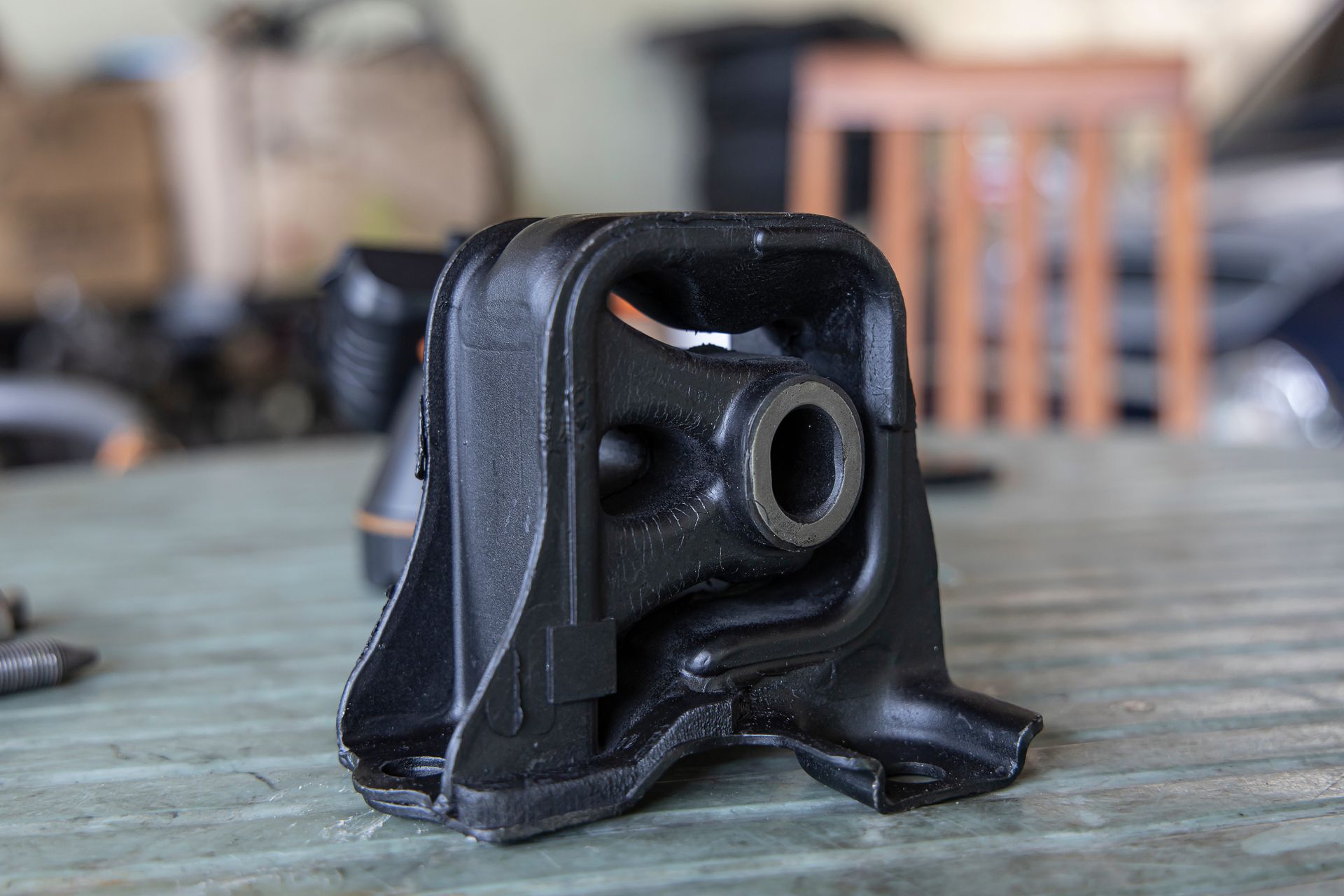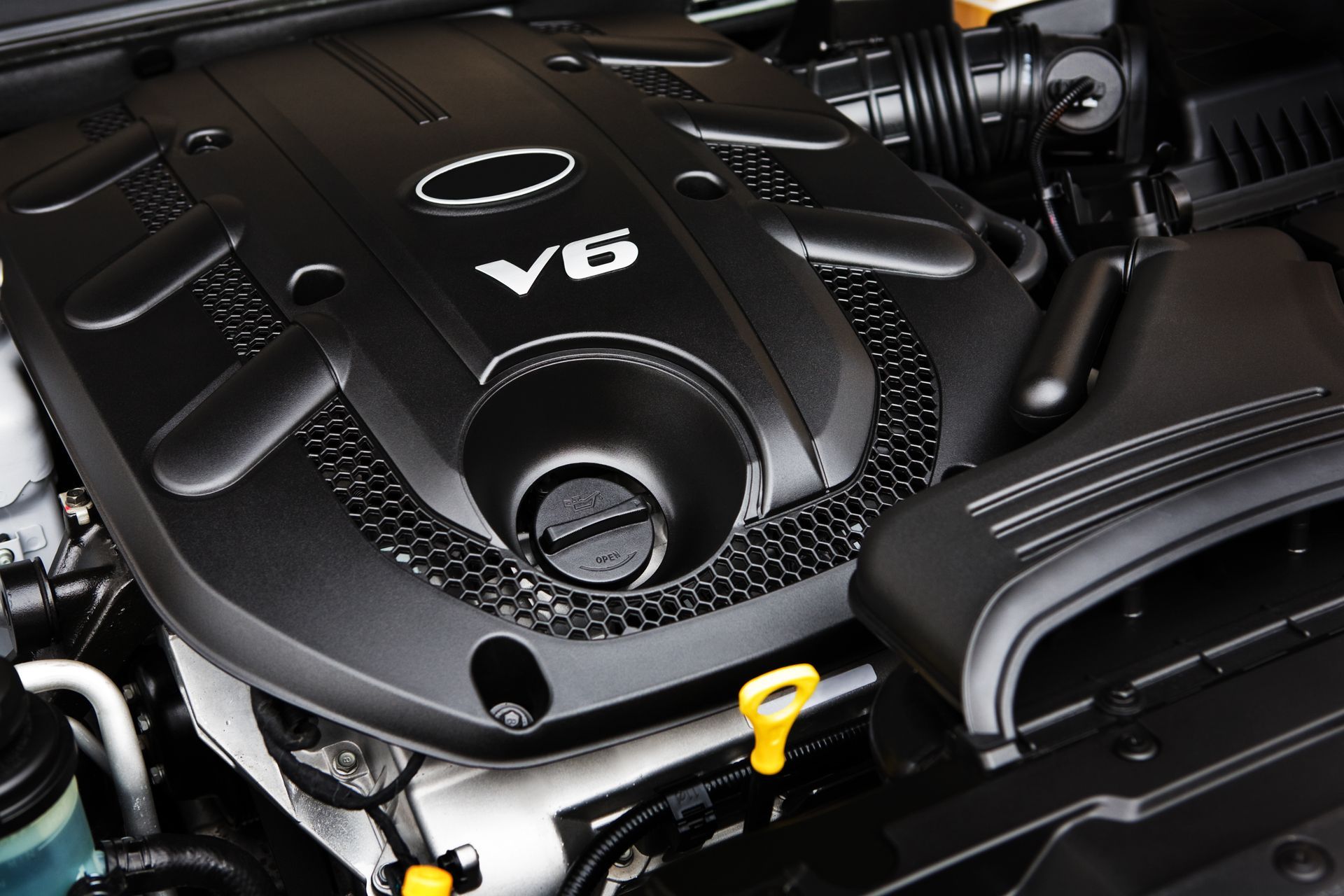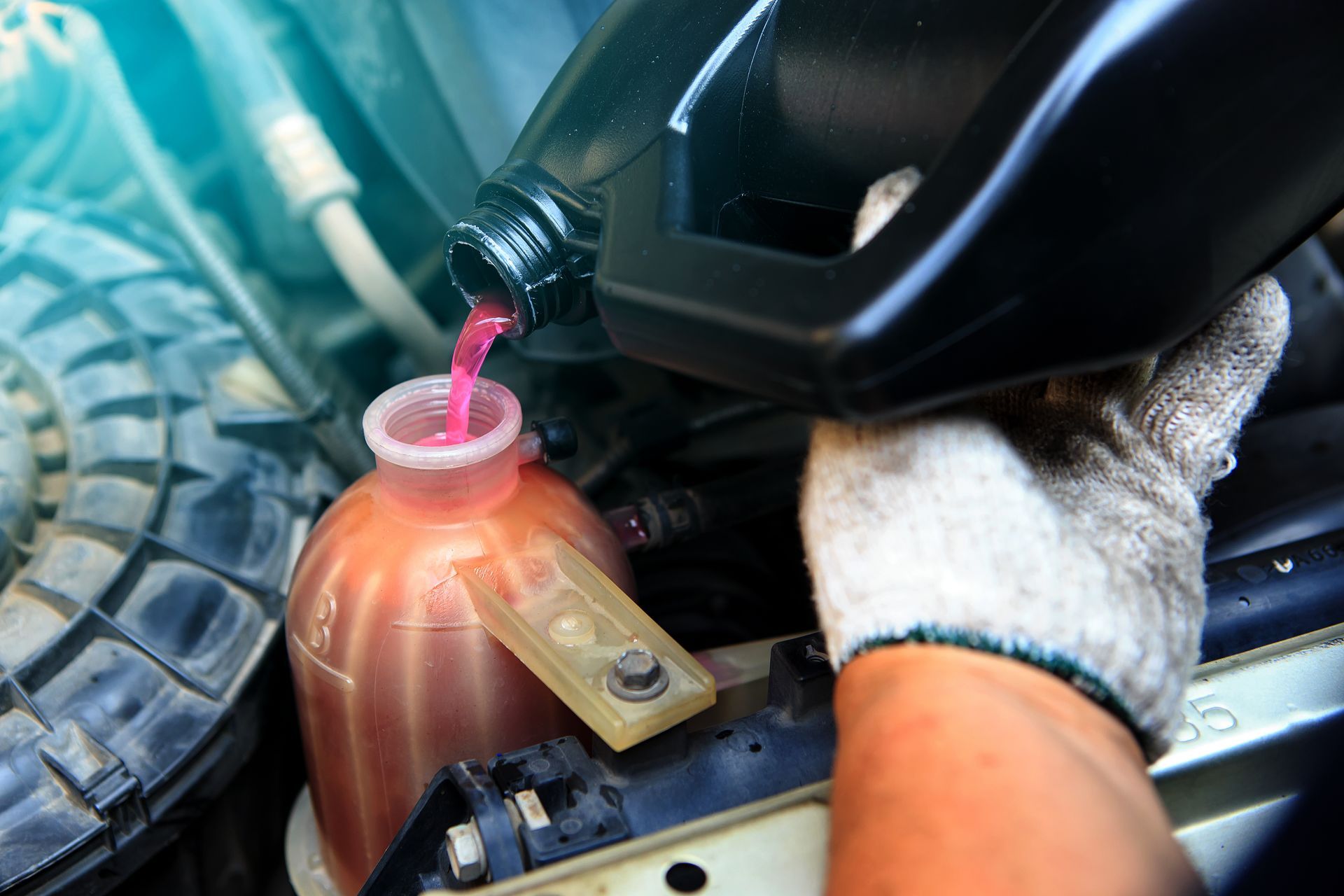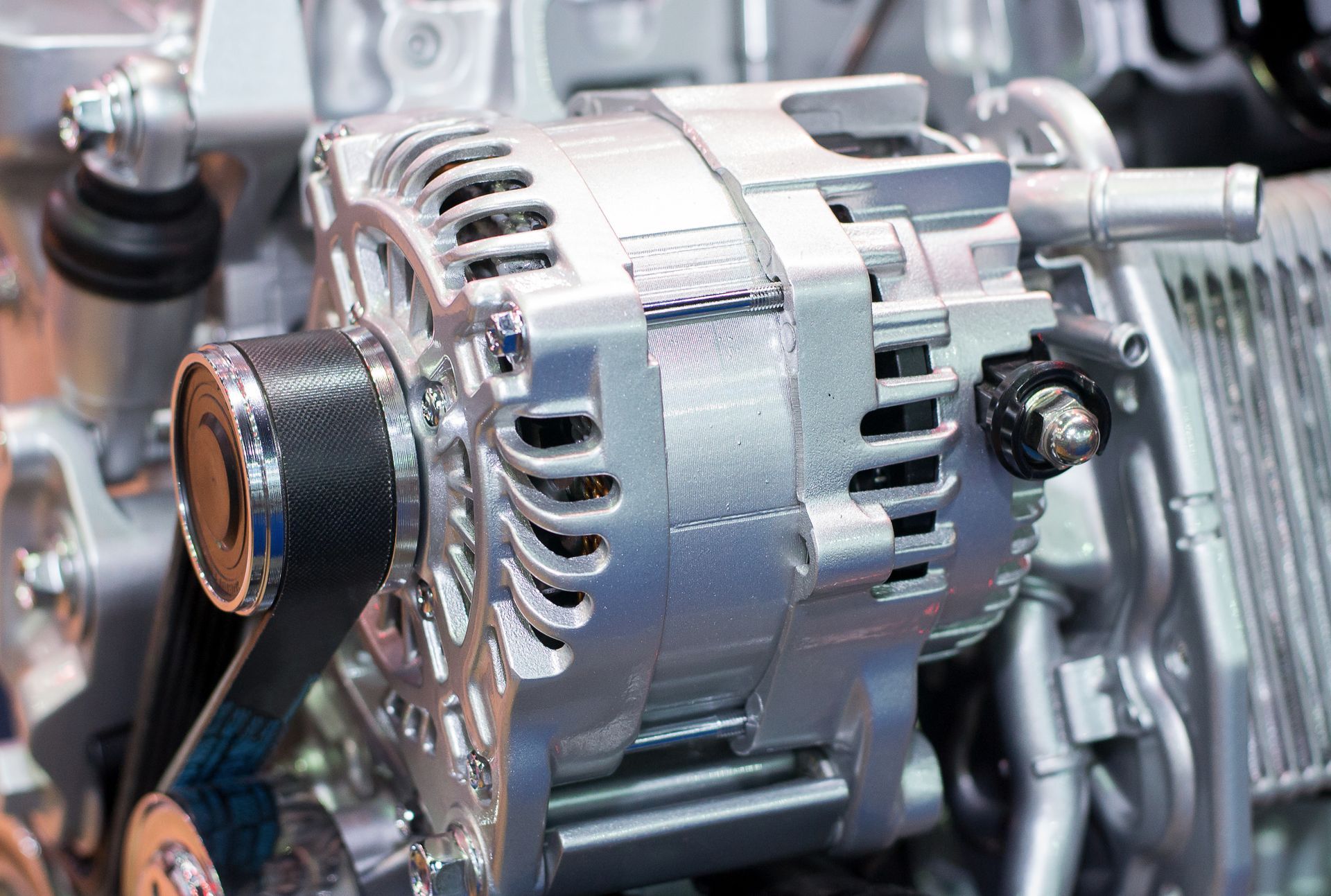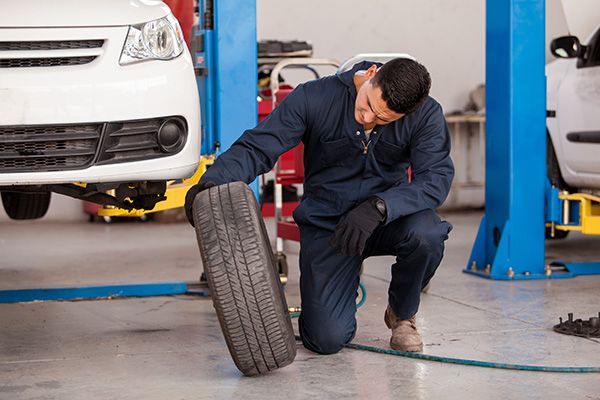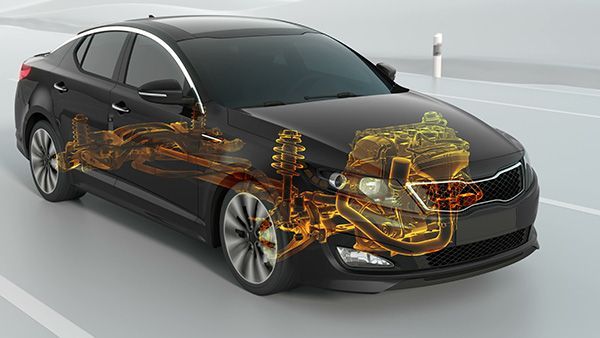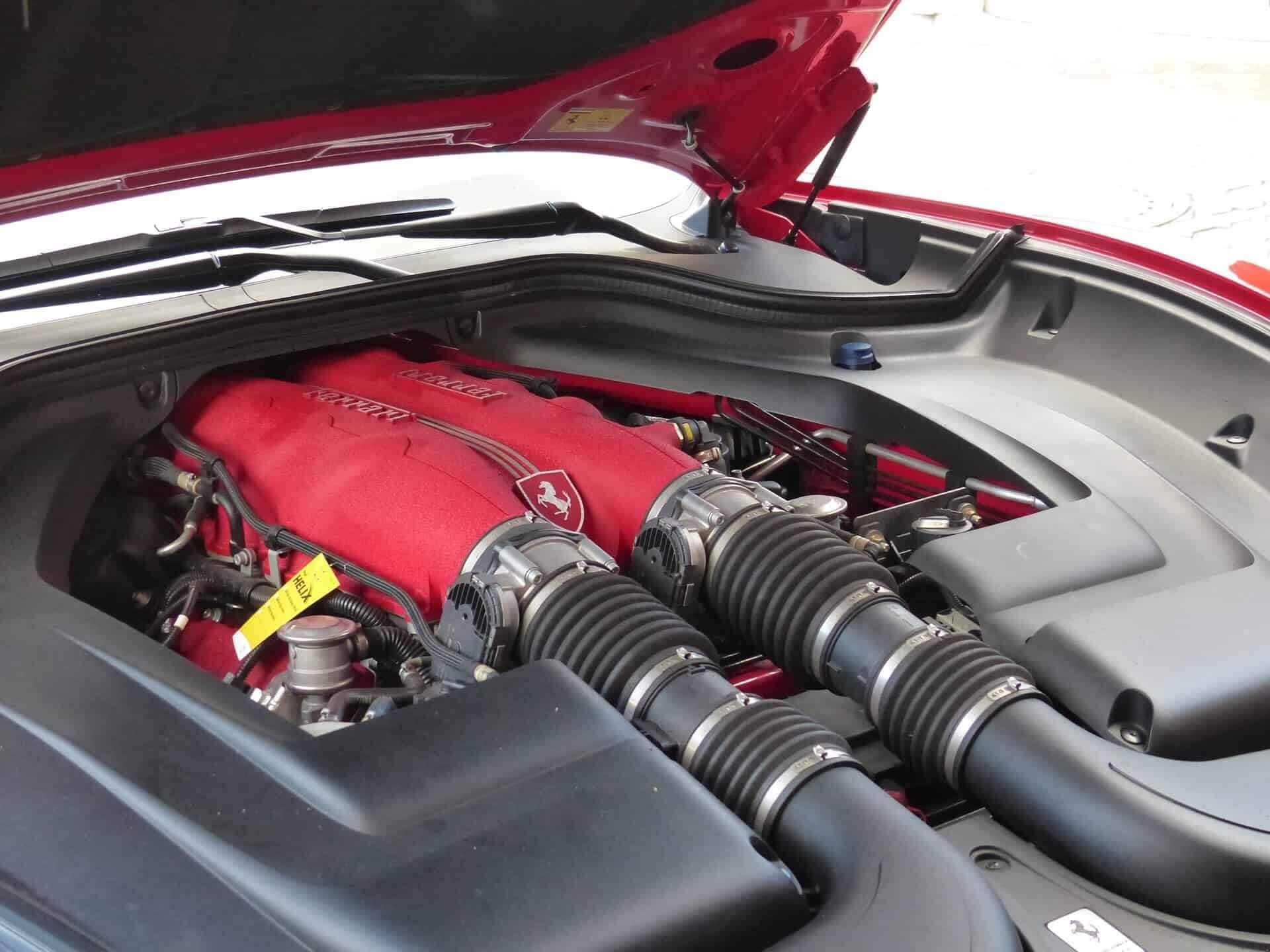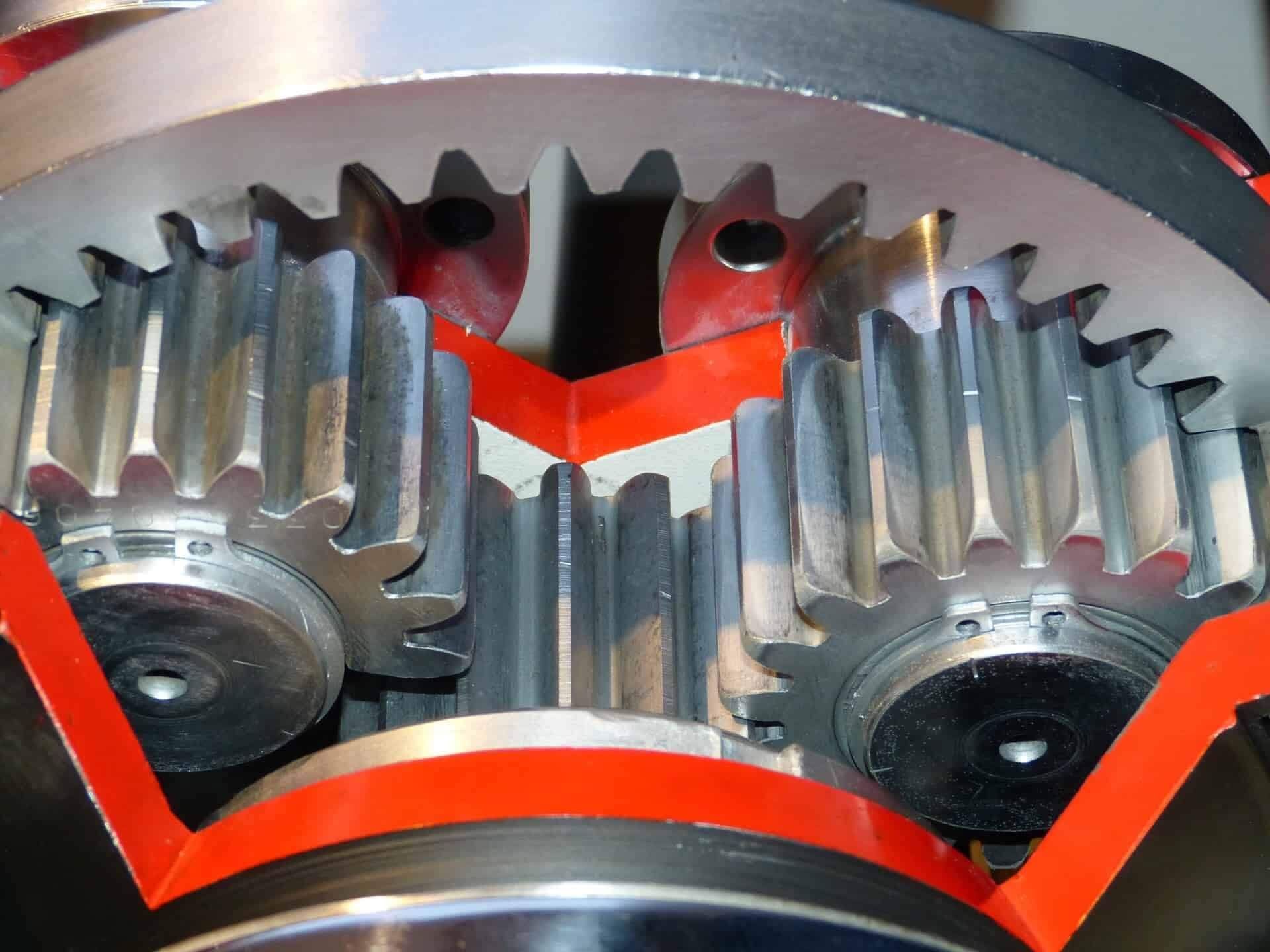
Host: What can you tell us about automatic transmissions? So Doctor of Motors, obviously, works on transmissions, replaces them.
Robert: We do. We repair, replace.
Host: Repair, replace.
Robert: We test any of those problems. When you have a Check Engine light, there’s also a Check Engine light for the transmission, which is, if you imagine your indicator, where it says, Park, Reverse, Neutral, Drive, there is usually a little light around that tells you what gear you’re in.
Host: Yes.
Robert: If that light starts to flash, that is your Check Engine light for the transmission.
Host: That just happened to my wife’s vehicle. That’s what she saw on her Honda Odyssey.
Robert: Yeah. And that’s the transmission computer saying, “Hey, we’re having a problem.”
Host: “Something’s wrong.”
Robert: “You need to get it checked out.”
Full Service Auto Repair Shops Fix Transmissions Too
Host: Okay. So Doctor of Motors is a full-service shop, tackles transmissions, as well.
Robert: Yes, we do.
Host: Why do we have separate transmission shops? Is that just the same idea as tune-up shops and oil change shops, and so forth?
Robert: You know, places used to specialize in one specific thing, but we’re getting to that area in society where you just can’t do one thing these days. You need to be proficient in more than one thing. You can’t just sit back and say, “Oh, I’m going to just… I’m going to be really good at one thing.” You have to be good at all of them.
Host: So the expectation is, a full-service shop would be able to handle this, as well.
Robert: Yes.
Host: Okay. So you think we’re actually moving away from some of the specialty players that might have existed from decades ago, perhaps?
Robert: Right. You’ll notice that transmission shops are starting to try to branch into being repair shops because they’re finding they need to do more work. They need to be able to do more than…
Host: Instead of just specializing on that thing.
Robert: Right, because so many of the systems of the vehicle: transmission, engine, wiring, transfer case, rear end, they’re all linked, and when there’s a problem, you need to be able to understand all of them, not just one.
Host: It seems like they’re all linked, at least electronically, right?
Robert: Yeah, and electronically, that’s where it gets confusing, the electronics. It’s difficult, but that’s why we go to school, we get trained, we update our credentials all the time.
Host: Right. So there’s really no reason not to go to a full-service shop, it seems to me, because if you don’t, you might be missing something which is just going to put a hole in your wallet down the road.
Robert: Right. It’s cheaper to find it sooner and fix the little problems than wait for them to turn into big problems.
Host: Do you think the modern transmissions are more reliable than they used to be?
Robert: You know, I would say, yes, they are more reliable, but as in anything, the more electronic you get, the more problems you have. So the fancier things that are made, they just tend to break more.
Vehicles with Complex Systems May Not be as Reliable
Host: I remember you mentioned that earlier. So your suggestion was that… We can talk about this pretty soon, but this idea of reliability of the vehicle has a lot to do with complexity.
Robert: Yes.
Host: The more complex and probably more expensive vehicles are also, tend to be, not as reliable as the simpler vehicles.
Robert: A prime example is Chevy Silverados, Chevy pickup trucks.
Host: Yeah, good truck.
Robert: It’s a very good truck, and they hold their value extremely well. They are expensive, but if you notice, they haven’t changed much of their engine, or they haven’t changed as much as the other players have. Their stuff is bullet-proof. It lasts a very long time. As long as you maintain it, she’s going to last, you know, 300,000 to 500,000 miles.
That’s not a problem. But you see in the other cars that they make, their Chevy Camaro, the Malibu, Chevy Malibu, Chevy Impala, the cars, they tend to overexert themselves on the amount of technology that they want to put in there, and they just get ahead of themselves, and they’ll have a lot of electronic issues.
So you can see, they’ve really stuck to their base, as far as it goes, on their trucks. You know, they’re not putting too much more technology, or they’ll be more reserved in how much they put in. At that point, they’re putting what’s tried and true in their trucks, and kind of experimenting in their cars. Yeah.
Host: Too bad for some consumers, right?
Robert: You know, I don’t want to bash and say that they’re bad cars.
Host: No, no.
Robert: They’re just, they’re prone to some electronic issues, but you will notice that Chevy cars have the cutting edge technology in them.
Host: Which appeals to some consumers.
Robert: That it does.
Host: Right. Navigation systems, entertainment systems, etc.
Robert: Oh yeah, oh yeah, all the bells and whistles.
Host: All the bells and whistles, interesting. Anything else that we should know about transmissions?
Robert: We’re good.
More about Drive Trains and Differentials
